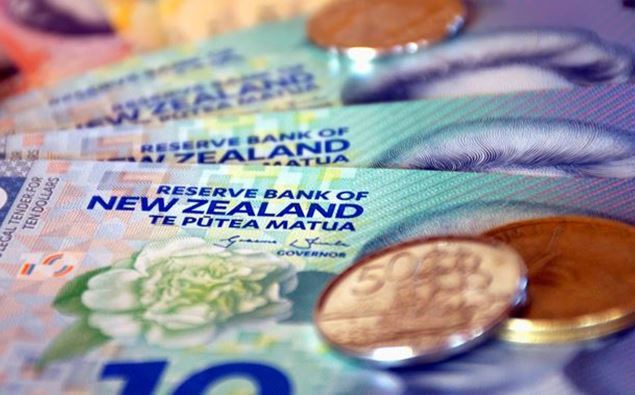Follow
the podcast on


We know times are tough. We know that we're in a period of rebuilding, we know that there are green shoots starting to come through. We're looking towards the end of 2025 as a time when things will turn around, when things will start to improve, and things will start to get better on a micro level in our own households, and on a macro level when it comes to the government.
But there are still sticky times ahead, and Treasury officials have released a document warning the government that “significant reforms” or “reductions to public services” will be needed in the not-too-distant future if it sticks to its current, restricted spending track. The document on forecast sets out the difficulty the Government will have in keeping to its restrictive level of spending so it can post a surplus and rebuild the Crown balance sheet (this is what a lot of National governments have to do), while also maintaining public services at existing levels.
In a column in the Herald, the writer says it paves the way for a 2026 election campaign which is likely to involve a battle on the issue of taxation and the role higher levels of tax might play in rebuilding the balance sheet without cutting the services. Of course we can become a richer nation, but that will take time. There are only a few ways the government can generate income, and it's mainly by taxing us. It can help businesses become more prosperous, more productive, and then it can clip the ticket on the way through but really, it's pretty limited in how it raises money.
So each party has a very different idea on what a fair taxation system would look like. But right now, the party that actually does have the ability to do something about tax and using it as a way of attracting foreign investment into the country is looking at lowering corporate tax rates and that, of course, would be National as the senior partner in the coalition government. Finance Minister Nicola Willis was talking with Ryan Bridge on Drive last night and she said she was looking at the settings of our company tax rate and the regulations that underpin it.
NW: Well, if you compare New Zealand with the rest of the world, we're not as competitive as we used to be. Which is to say that our corporate tax level is reasonably high when you compare it to the rest of the developed world.
NW: So looking at that, our government says okay well, what could we do to make sure the tax settings in New Zealand are supportive of businesses wanting to invest and grow. Realising that on the other side of that, you have to pay for it. Because if we're taking in less tax then we have to find other ways of getting that money so we can invest in the things that really matter —our public services— and also ensure that we're still on track to get our budget back in balance and reduce debt over time. So, as a government, we need to work through all of those questions. But the honest answer to questions we do need to be more competitive in that area.
RB: So you are looking at changing the corporate tax rate?
NW: Well, there's many different ways we can approach the tax system. One thing is the corporate tax rate, but there are also tax rules that sit underneath that, and I'm actually interested in the detail of the way the whole system works, not just the headline rate.
Yes, well I think we can say that she's looking at the lowering the corporate tax rate. And she's right, it does cost money. If you are going to take in less of the existing pie, then you'll have a reduction in income. But if the pie is bigger and bigger and bigger, you're taking less of a bigger pie, you're still going to end up with more money.
So really the key is driving productivity, driving confidence in our businesses, attracting foreign investment, all of those things that Paul Bloxham was talking about, the HSBC Economist I spoke to last week. He was commenting on the fact that now we are at the bottom 38 out of 38 in terms of performing economies, and he said we need to do all the things that we are doing right now, that this coalition government is doing right now. Attract foreign investment, get the free trade deals going, increase productivity, limit regulations so businesses can do what they do best.
I suppose it's a finely balanced thing. You've got to attract the foreign investment here so therefore you've got to make the corporate tax rate competitive, but when that pie is bigger and growing then we are all better off.
Take your Radio, Podcasts and Music with you







